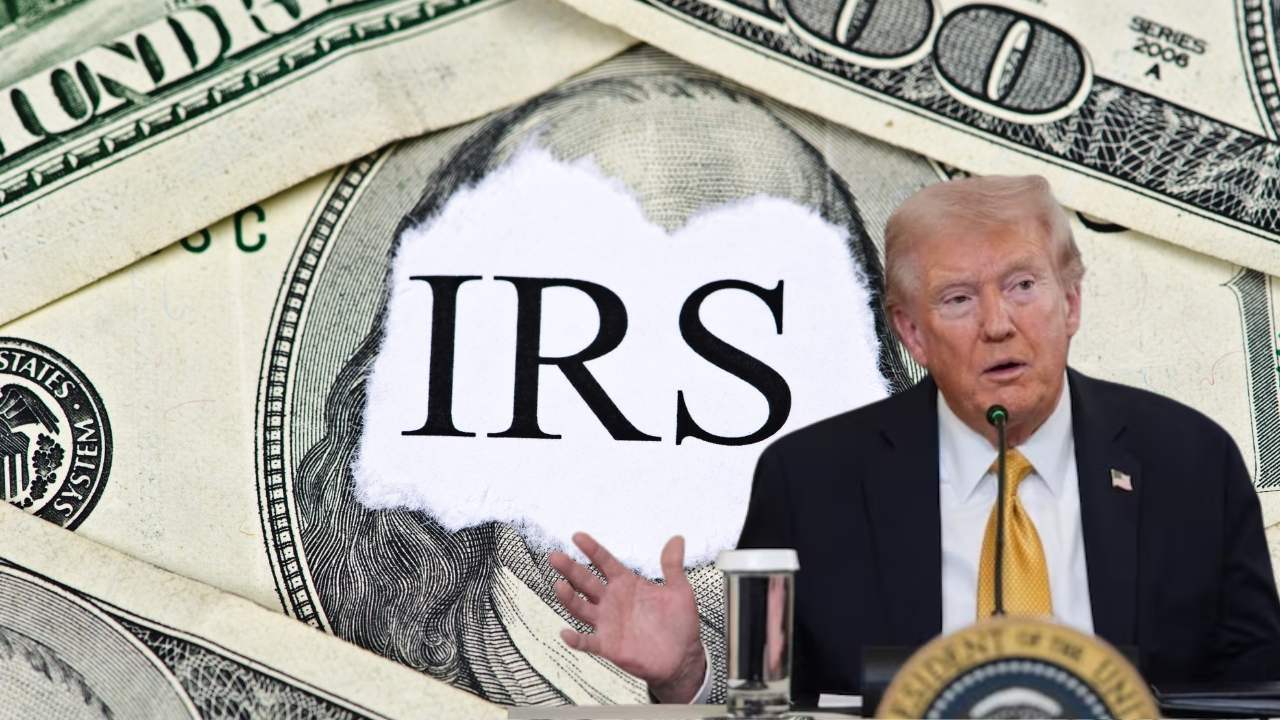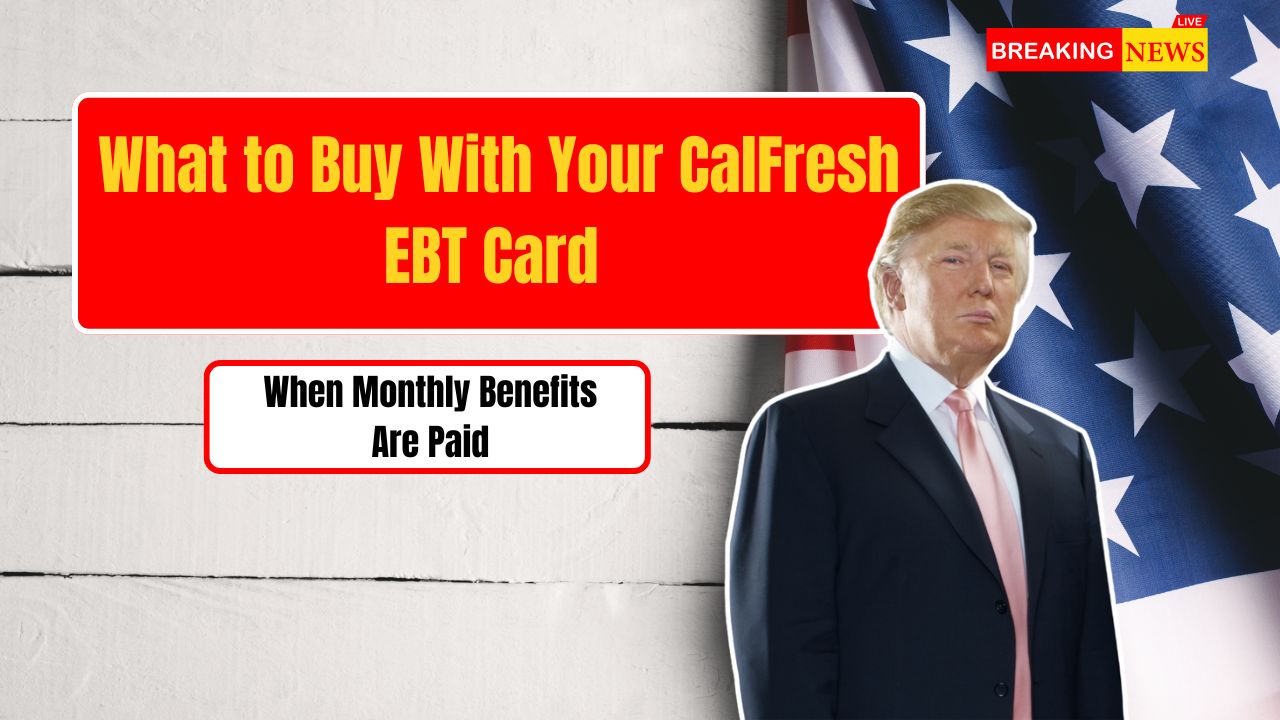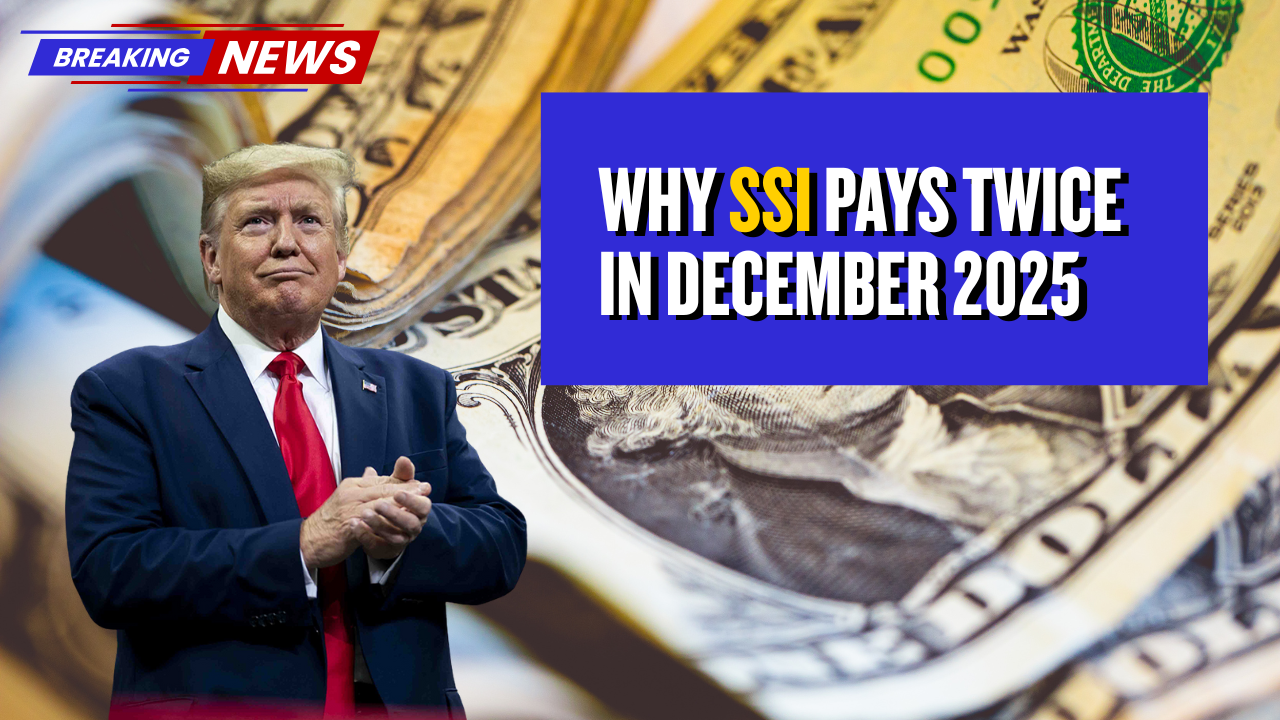Rumors of a new $1,390 direct deposit relief payment from the Internal Revenue Service (IRS) have gone viral across social media, sparking confusion and excitement among Americans still grappling with inflation and high living costs. But despite the buzz, no official federal relief program has been announced or confirmed for November 2025.
The Origin of the $1,390 Relief Payment Rumor
In late October, posts began circulating online claiming that the IRS would automatically send $1,390 payments to eligible taxpayers in early November. The messages, often shared on Facebook, TikTok, and finance forums, cited unnamed IRS “sources” and claimed that eligibility would be based on 2024 tax filings or participation in federal benefits programs such as Social Security, VA, or SSI.
The rumor suggested that payments would arrive via direct deposit between November 3–14, with paper checks following later in the month. Some posts even referenced a supposed “Get My Payment” portal—mirroring the one used during the 2020–2021 COVID-19 stimulus checks—to let people track their deposit status.
However, as of now, no such portal or program exists on any official government site.
Why the Story Feels Familiar
The claim follows a familiar pattern. During the pandemic, the U.S. government issued several rounds of stimulus payments authorized through Congress and implemented by the Treasury and IRS. Each was widely publicized through official announcements, legislative bills, and verified updates from major news outlets such as Reuters, Associated Press, and Bloomberg.
But in this case, there has been no Congressional authorization, no Treasury directive, and no IRS confirmation.
What the IRS Actually Says
As of November 2025, the IRS has made no mention of a nationwide relief payment in its official newsroom or press releases. The agency’s current focus remains on:
- Disaster-related tax relief for affected regions
- The expansion of the Direct File pilot program
- Routine refund and tax processing operations
A spokesperson for the IRS reiterated that any official payments will always be announced publicly through the IRS Newsroom or U.S. Department of the Treasury before distribution begins.
Fact Check: Is the $1,390 IRS Payment Real?
Status: Unconfirmed / Likely False
| Verification Point | Status |
|---|---|
| IRS confirmation | None |
| Treasury announcement | None |
| Major media coverage | None |
| Get My Payment portal | Not active |
The lack of verifiable evidence indicates that the circulating posts are either misinformation or premature speculation. While the payment structure described in these claims closely resembles past stimulus rollouts, it has no legal or administrative basis at this time.
Why People Are Believing It
Americans are still facing steep financial pressures. According to the U.S. Bureau of Labor Statistics, grocery prices remain nearly 18% higher than pre-pandemic levels, while average rents in major cities are 25% above 2019 rates.
In this environment, a one-time $1,390 deposit sounds plausible—and welcome. But as experts caution, viral claims without documentation often lead to phishing scams and identity theft, where fake “claim portals” mimic government websites to harvest personal or banking information.
How to Verify Real Federal Payments
To protect yourself, always follow these steps:
- Go directly to IRS.gov — Don’t click on links shared via text, email, or social media.
- Check the official IRS newsroom for press releases or payment program details.
- Monitor home.treasury.gov for announcements from the Treasury Department.
- Use your IRS online account to view verified deposits or refunds.
If future relief payments are ever approved, they’ll be formally authorized by Congress and publicly announced by the President, Treasury Secretary, and IRS Commissioner — not leaked through social media posts.
The Bottom Line
There is no confirmed $1,390 direct deposit relief payment scheduled for November 2025. While online rumors continue to circulate, neither the IRS nor the U.S. Treasury has announced any new stimulus or relief initiative.
For now, treat such posts as misinformation — and verify everything through official channels before sharing or submitting personal information.



